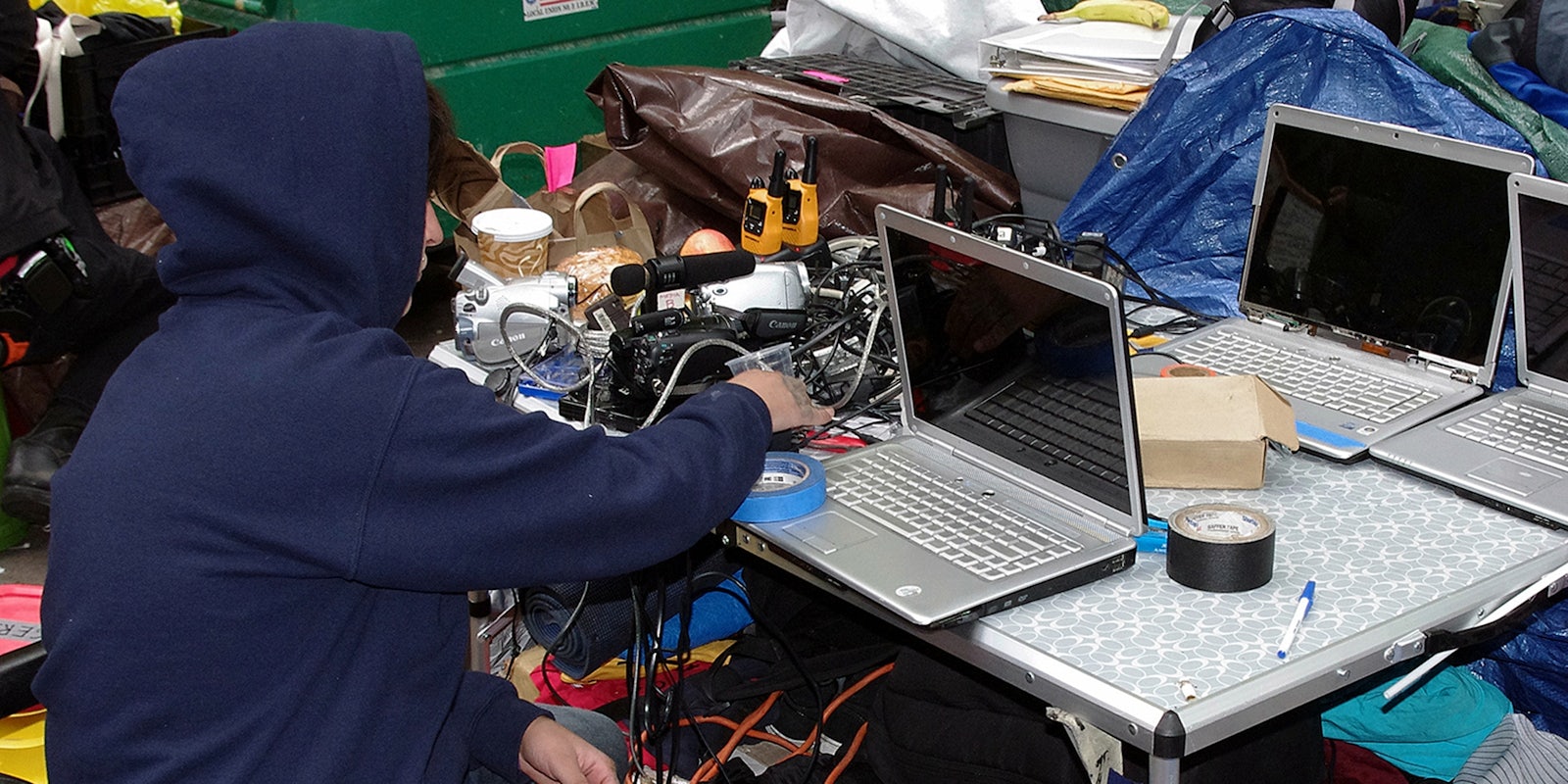Every fresh wave of terrorism brings with it attempts to enact controversial legislation by waving the flag, and the recent high-profile beheadings by the Islamic State, also known as ISIS, are no exception. Following the Islamic State’s rampage last summer and the recent Charlie Hebdo massacre, France is now suggesting that social networking websites be held responsible for what terrorists post there.
French Secretary of State for European Affairs Harlem Desir told reporters at a United Nations meeting that the governments of the world “need to respond” to “hate videos, calls for death, [and] propaganda.”
Desir added, “We must … establish a legal framework so the Internet platforms, the large companies managing social networking, so that they’re called upon to act responsibly.”
The French secretary’s call for new regulations on social networking services echoes previous efforts to punish social networks for the deplorable content that they inadvertently host. In November, the Electronic Frontier Foundation rounded up several chilling examples of Internet censorship in the name of terrorism and pointed out how blatantly they missed the core problem.
“If we wish to reduce political extremism, cut off the production of counterfeits, or prevent children from being abused,” EFF’s Jeremy Malcolm wrote, “then we should be addressing those problems directly—rather than by merely covering up the evidence and pretending they have gone away.”
France’s suggestion that social networks accept more responsibility for the content that they host doesn’t just echo the debate over whether sites like Twitter should censor Islamic State beheading videos. It also calls to mind another national government that censored the Web in the name of counterterrorism: China.
Desir’s comments about the need to put more pressure on Facebook, Twitter, and other social networks sound eerily similar to the words of a Chinese cybersecurity official, who justified his country’s increased censorship by saying, “In recent years, the Internet has become the major channel for terrorists to organize and to incite violent attacks.”
France is no stranger to censorship, both online and offline, in the name of public safety. Holocaust denial, for example, is a crime in France, as it is in several other European countries, including, of course, Germany.
“We believe that the racist remarks, anti-Semitic remarks, spread through the Internet today or in other media do not fall in the category of expressing an opinion,” said Desir, in comments that echo the rationale for the criminalization of Holocaust denial.
Michael Roth, who oversees European affairs for Germany, which also bans speech like Holocaust denial, threw his support behind Desir’s proposal for increasing pressure on social networks.
The United States, meanwhile, has been cautious in its response to the French idea. Samantha Power, the U.S. Ambassador to the U.N., called Desir’s suggestion “an interesting proposal” and said the Obama administration was “alert to the extent to which social media platforms are being exploited by violent extremists.”
Photo via David Shankbone/Flickr (CC BY 2.0)


